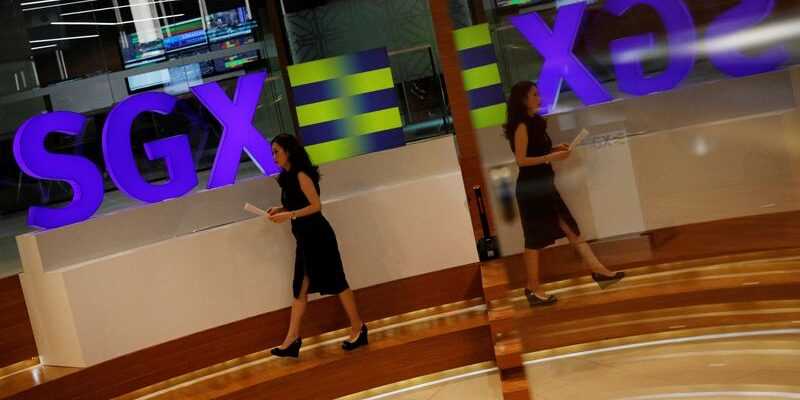The Vertex Venture Holdings-sponsored listing comes four months after the Singapore Stock Exchange eased proposed rules for special purpose acquisition companies (SPACs) in response to market backlash.
SPAC Singapore’s first listing will also mark the first major launch for these vehicles in Asia since they went on a US trading frenzy in early 2021, before winding down due to regulatory changes.
“The goal is to attract high-growth technology companies that traditionally would not have considered this market and now have sponsors who can also take on the risk,” said Chua Kee Lock, CEO of Vertex Venture, a subsidiary of the public investor Temasek.
Focusing on sectors such as cybersecurity and fintech, Vertex Technology Acquisition Corp raised 200 million Singapore dollars ($148 million), with 13 lead investors such as Temasek related entities and a fund managed by Dymon Asia , contributing 55%.
SPAC is sponsored by Vertex Venture, which manages $5.1 billion in assets with a portfolio of more than 200 companies. SPAC has up to two years to find a target.
The second SPAC, Pegasus Asia, backed by European asset manager Tikehau Capital and Financire Agache, the holding company of LVMH luxury sector chief Bernard Arnault, raised A$150 million. It plans to invest in technology-related sectors and will be listed on Friday.
Southeast Asia, home to fast-growing economies such as Indonesia and Vietnam, is experiencing a deal boom as investors bet on post-pandemic tech sectors in this region of 650 million people.
Although Singapore is considered one of Asia’s leading financial and trading centers, its stock market has struggled to attract big IPOs. Last year, fundraising on SGX halved to $565 million, the lowest level in six years, with just 8 listings, according to Refinitiv data.
SGX offers a regulatory framework similar to that of the United States, notably allowing the participation of retail investors, but with safeguards, in particular a minimum level of subscription on the part of promoters, SGX hopes that promoters and investors will find an attractive SPAC market there.
Analysts say investors run the risk of SPACs overvaluing companies and failing to find ideal targets. US SPACs have had their ups and downs as investor enthusiasm at the start of 2021 turned to disappointment due to their low yields.
SPACs or shell companies raise funds in an IPO and place them in a trust for the purpose of merging with a private company and taking it public. They aim to offer shorter trading times and solid valuations.
Because investors do not know the target company before the IPO, SPACs often grant them the right to redeem their initial investment as an incentive.
Eng-Kwok Seat Moey, Head of Capital Markets at DBS, said SPACs are accepted by many investors as an alternative platform to access high-growth start-ups that have typically tapped into private capital markets.
“Several Singaporean and regional companies in high-growth high-tech sectors will be ripe for public listing in the coming years,” she said.
“These businesses would provide fertile ground for business combination targets for SGX-listed SPACs.”
Malaysia, which first listed SPACs a decade ago before they died out, said it was reviewing its rules. South Korea has also listed SPACs on the coast, but these are tiny.
Hong Kong, which hosts major Chinese listings, is also allowing SPACs to list from this year, but these IPOs are not open to retail investors.
(1 dollar = 1.3500 Singapore dollars)
